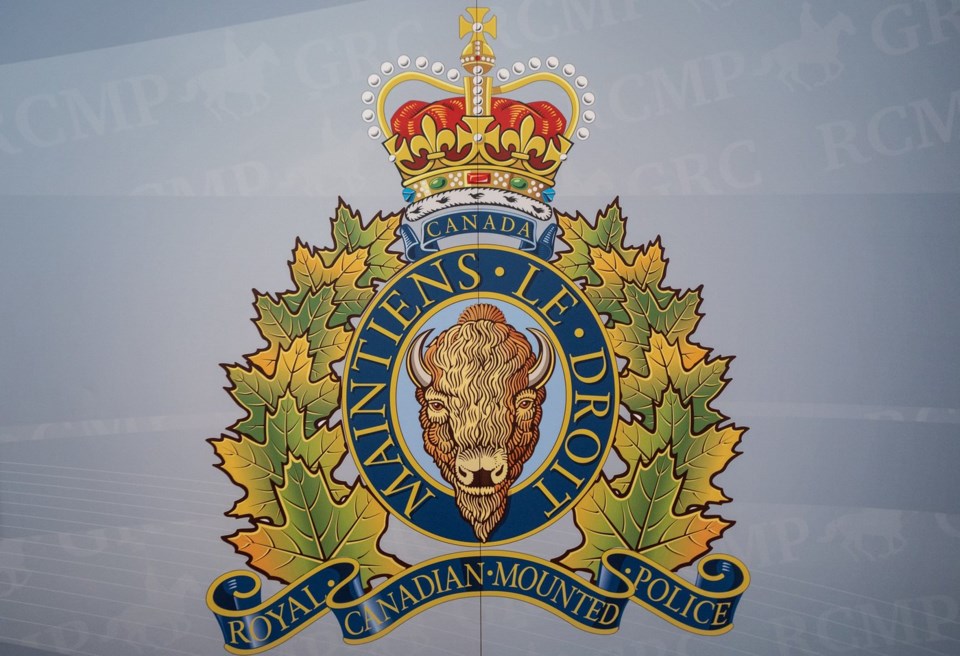SURREY — Rojun Alphonse was a "great family man," who was proud of his Indigenous roots, and the circumstances around his death remain an open wound for his family and the community, said Chief Willie Sellars of the Williams Lake First Nation in B.C.'s Cariboo region.
B.C.'s Independent Investigations Office released a report this month detailing what led up to Alphonse taking his own life, suggesting RCMP policy or training may need to change to better respond to calls involving Indigenous people after complaints that police actions were more forceful than necessary.
Alphonse died in Williams Lake after an hours-long standoff with Mounties in July 2022.
"We would like to see meaningful change happen within the RCMP when you're dealing with Indigenous peoples, when you're dealing with individuals suffering from mental health challenges," Sellars said Monday.
The report by the province's police oversight body found no evidence that racism was a factor, but the man’s family and community members raised "significant concerns" about the level of police response and ongoing discrimination by the Williams Lake RCMP.
The report said the case doesn't meet the bar for a charge assessment but it "raises bigger questions" about how police approached the situation involving an Indigenous person in a mental-health crisis.
It said police responded to reports of a man with a loaded gun, which prompted the emergency response team to attend.
More than two dozen officers were involved in the call, and after several hours of trying to speak with Alphonse, they used tear gas to try and draw him out, but he was found dead a short time later, the report said.
Sellars said the report's release years after Alphonse's death has caused frustration, animosity and mistrust toward the Williams Lake RCMP from both the community and the man's family.
"Our friend is still gone. The family is still grieving," Sellars said. "If it was handled differently, we truly do believe that he would still be here to this day."
Sellars said there's been "massive progress" to improve the relationship with police over the years, but continuing to build that relationship is "tough" given the fraught history, including the death of Alphonse's uncle Paul Alphonse in 2000 not long after he was arrested by Williams Lake RCMP.
But Sellars said he still wonders if community members would make the phone call to police for a similar concern.
"I doubt it," he said.
Looking back, Sellars said the police response to a mental-health wellness call that ended with tear gas being shot into the home before the man took his own life may have been better handled by the Williams Lake First Nation itself.
Sellars said the police response to Alphonse's crisis had been posted about on social media in "real time," which included speculation on whether it was a gang related, adding unnecessary "tension and fuel" to the situation.
He said Alphonse was in a vulnerable state, "crying for help," and being met with tear gas seemed a "crazy" response by police and the family was then left to clean up the home in the aftermath.
Sellars said Alphonse was a treasured family man, a great father, uncle, and cousin who was an avid hunter who "loved being out on the land."
"He's a proud Indigenous person and that's how we would want him to be celebrated, how we would want him to be remembered," Sellars said. "I grew up with him. He's my age and that was a very sad day."
His family, Sellars said, is still very upset and the IIO report has "triggered all of us."
"You see a lot more hatred and animosity toward the RCMP and this entity that is supposed to be there to protect and what are we going do as a leadership group now to make sure it doesn't happen again and build that relationship back up? It's hard."
The Williams Lake RCMP did not immediately respond to a request for comment on the watchdog's report.
The Independent Investigations Office's chief civilian director Jessica Berglund says in the report that she’ll be referring the file to the RCMP and the Civilian Review and Complaints Commission for their assessment on whether changes to policy or training are necessary.
This report by The Canadian Press was first published July 21, 2025.
The Canadian Press


